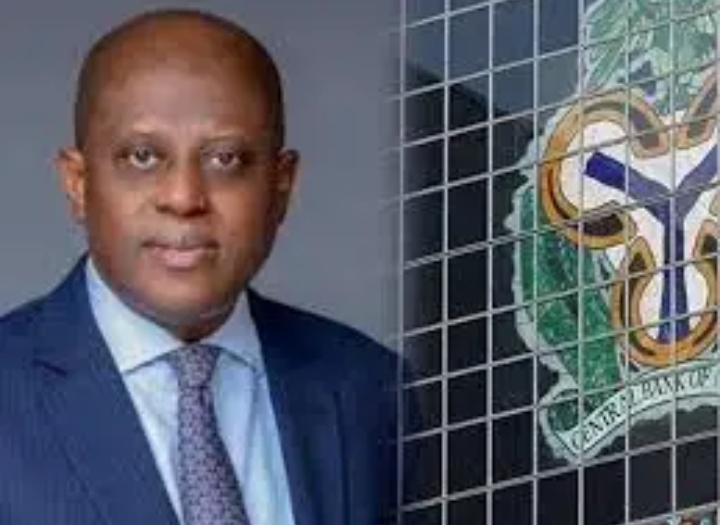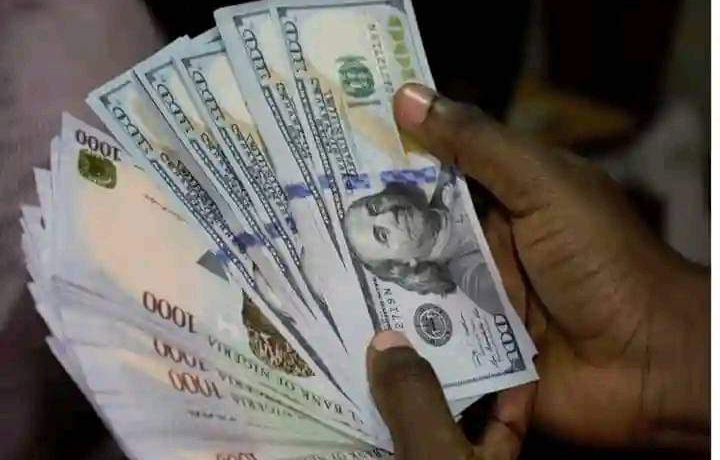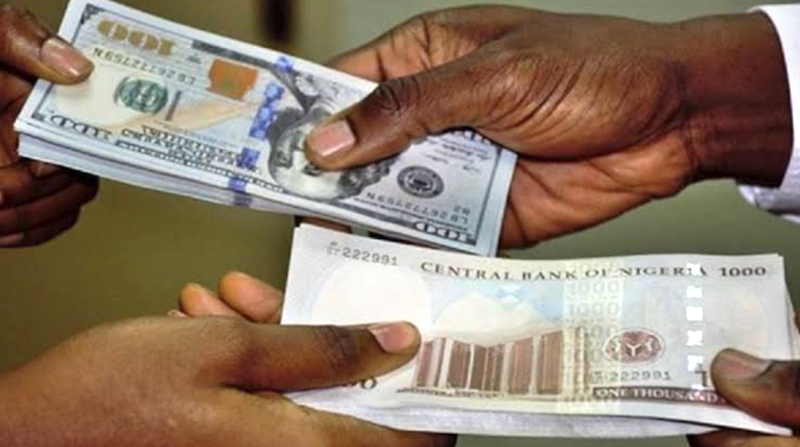The Central Bank of Nigeria (CBN) has advised members of the public to be cautious of fake SWIFT Messages on foreign exchange remittances to their Nigerian bank accounts.
The Acting Director, Corporate Communications Department of the apex bank, Hakama Sidi-Ali, gave the advice in a statement on Tuesday in Abuja.
Sidi-Ali said that the CBN had been inundated with claims by some stakeholders about the conclusion of foreign currency transfer to their Nigeria bank accounts.
According to her, stakeholders like private entities, individuals, law firms, and government agencies complained that foreign currency funds allegedly transferred to them by foreign entities have yet to be credited to their accounts with Nigerian banks.
”In some instances, the claimants alleged that the funds were withheld by either the beneficiary bank in Nigeria or the CBN and requested the assistance towards releasing the funds to them.
“The requests are usually supported with fake documents such as SWIFT MT103, SWIFT
Ack copy, etc.
“It has become imperative to state that the SWIFT ack copy and SWIFT MT103 that these claimants usually attach as evidence of remittance to beneficiary banks in Nigeria are not reliable,” she said.
The director said that the SWIFT messages were always not traceable on the SWIFT platform, and the funds had not been received to enable their application to the beneficiary’s account.
“In a situation where a fund transfer beneficiary’s receiving bank claims non-receipt of funds remitted by the foreign entity, the standard practice is for the sending customer to contact the sending bank.
“The purpose is for the sending bank to send a tracer to trace where the fund is hanging and recall it.
“For the avoidance of doubt, we wish to state emphatically that the CBN neither provides
correspondent banking services for Nigerian banks in foreign payments nor maintains accounts for private business entities.
“Consequently, petitioners’ claim that the alleged expected inflows for onward credit into the accounts of private business entities are trapped in the CBN is not only spurious but deceitful,” she said.
She urged the general public to be careful with such unauthentic SWIFT messages and documents containing spurious claims of non-application of substantial foreign currency funds allegedly transferred into the beneficiary’s account.
She warned that the CBN would not hesitate to report any bank customer making unsubstantiated and illegitimate claims to law enforcement agencies for
investigation and prosecution.
SWIFT messages are messages sent through the Society for Worldwide Interbank Financial Telecommunication network to facilitate financial transactions between banks and financial institutions.






